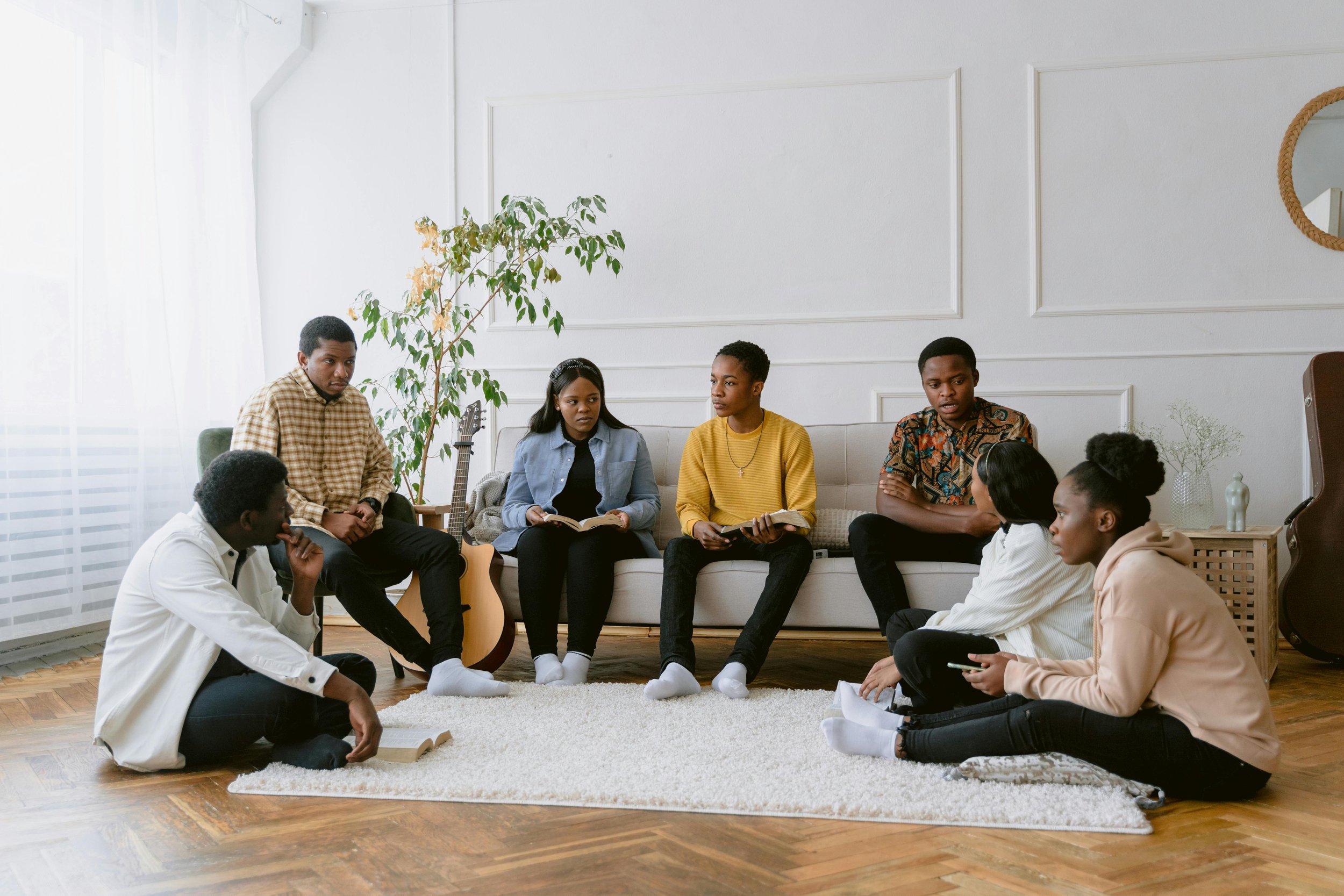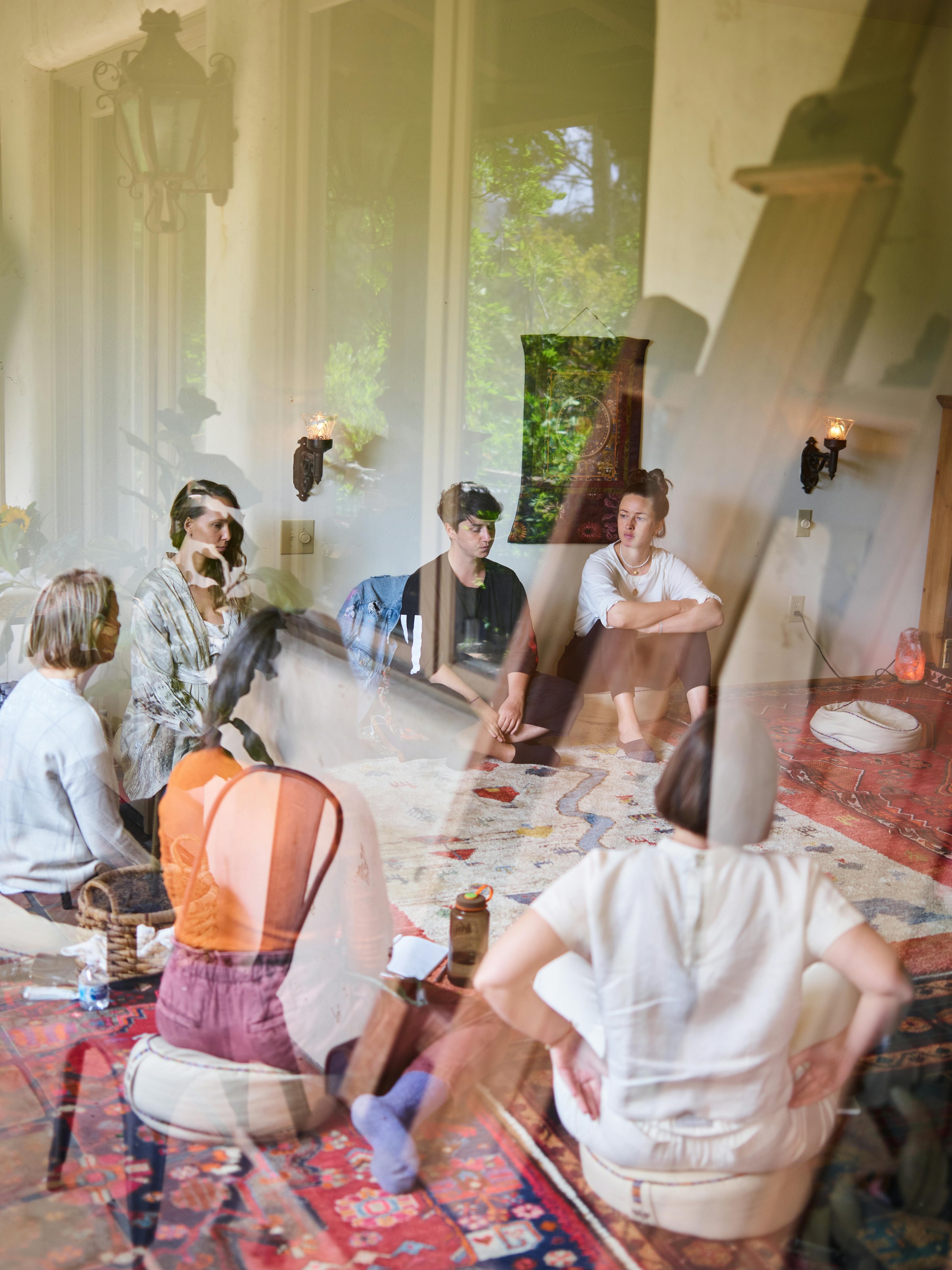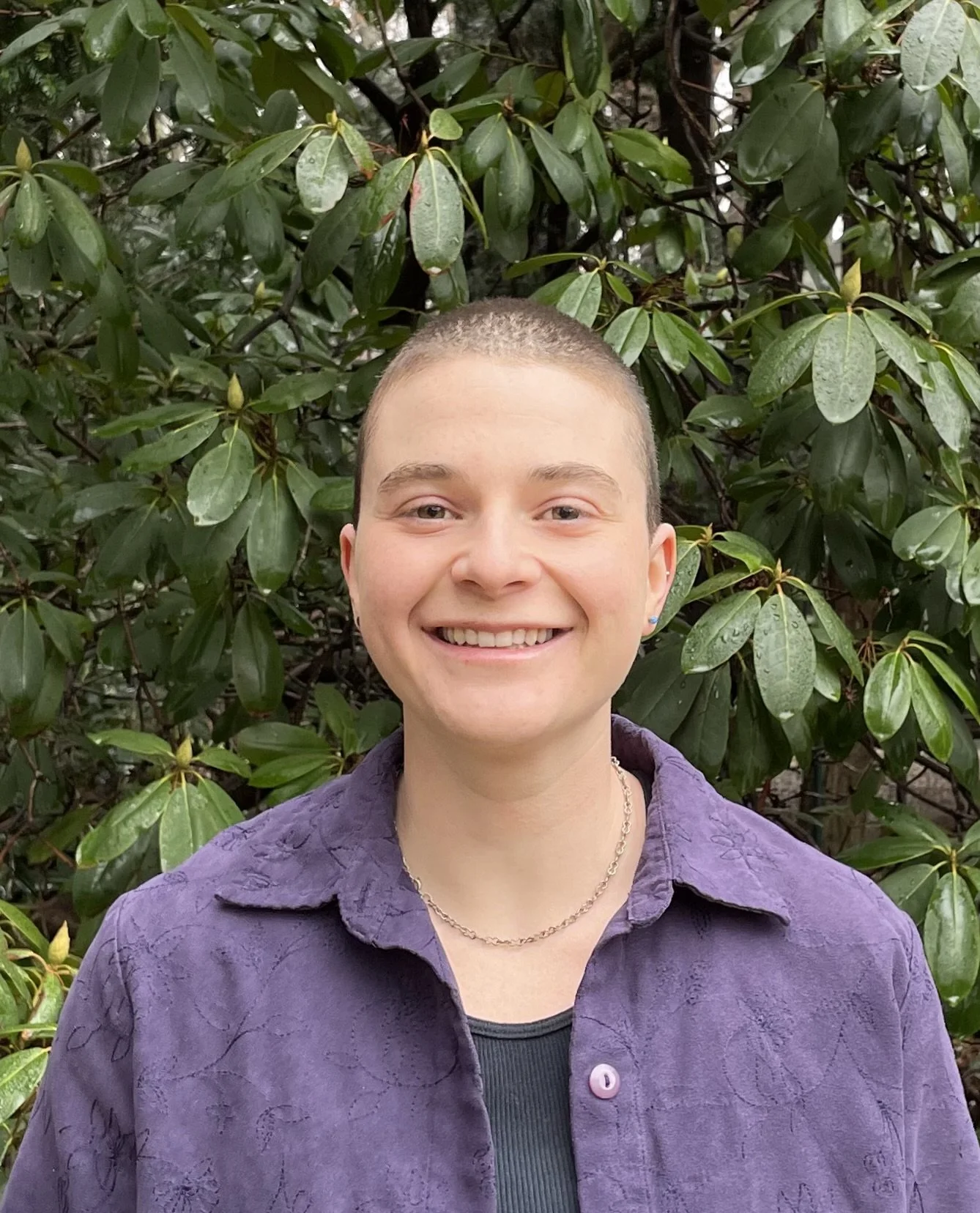Group Therapy
Owning Our Desires:
Intimacy Skills for High Desire Individuals
Desire discrepancy is the most common issue that shows up in sex therapy which can lead to significant distress for all partners. This group is for high desire partners who may struggle with feelings of shame around their sexual desires, or fear rejection in their relationship. Together, we will develop tools and strategies for connecting more deeply with ourselves, our sexuality, and our partners.
Outline:
Week 1 : What is “High Desire”
Week 2: High Desire and Shame
Week 3: Desire Differences: Us Versus “The Problem”
Week 4: Acknowledging Patterns
Week 5: The Four Horsemen of Disconnection
Week 6: Breaking Cycles
Week 7: Our Selves, Our Pleasure
Week 8: Applying the Tools
Details:
Where: Telehealth (Zoom)
Date & Time: Thursdays 6:00-7:00pm. Date TBD based on interest.
Other: Open to Oregon residents ages 18+; Most insurances accepted.
Group Therapists
Dr. Molly Young (they/them) is a licensed psychologist in Oregon and Washington who takes a sex-positive approach to mental and sexual healthcare that is both trauma- and resiliency-informed. Molly has completed over 200 hours of comprehensive advanced training in sex therapy through the Institute for Sexuality Education & Enlightenment. They specialize in sexual concerns, kink/BDSM, nonmonogamy, and relationship concerns.
Noah Lavetter-Keidan, CSWA
Noah Lavetter-Keidan (they/them) is a Clinical Social Work Associate in Oregon. Noah is a certified sexuality educator through AASECT, and has led workshops on topics such as desire differences in relationships, kink, and asexuality. They believe that sexual health and mental health are deeply connected, and approach both with care, respect, and curiosity. They specialize in anxiety, gender identity, relationship concerns, trauma and stress.




Group therapy can help with…
Learn Coping Strategies
Build Self-Awareness
Increase Confidence
Develop Healthy Boundaries
Grow in a Safe Space
Feel Less Alone
Gain New Perspectives
Improve Communication
Receive Support
Practice Social Skills


